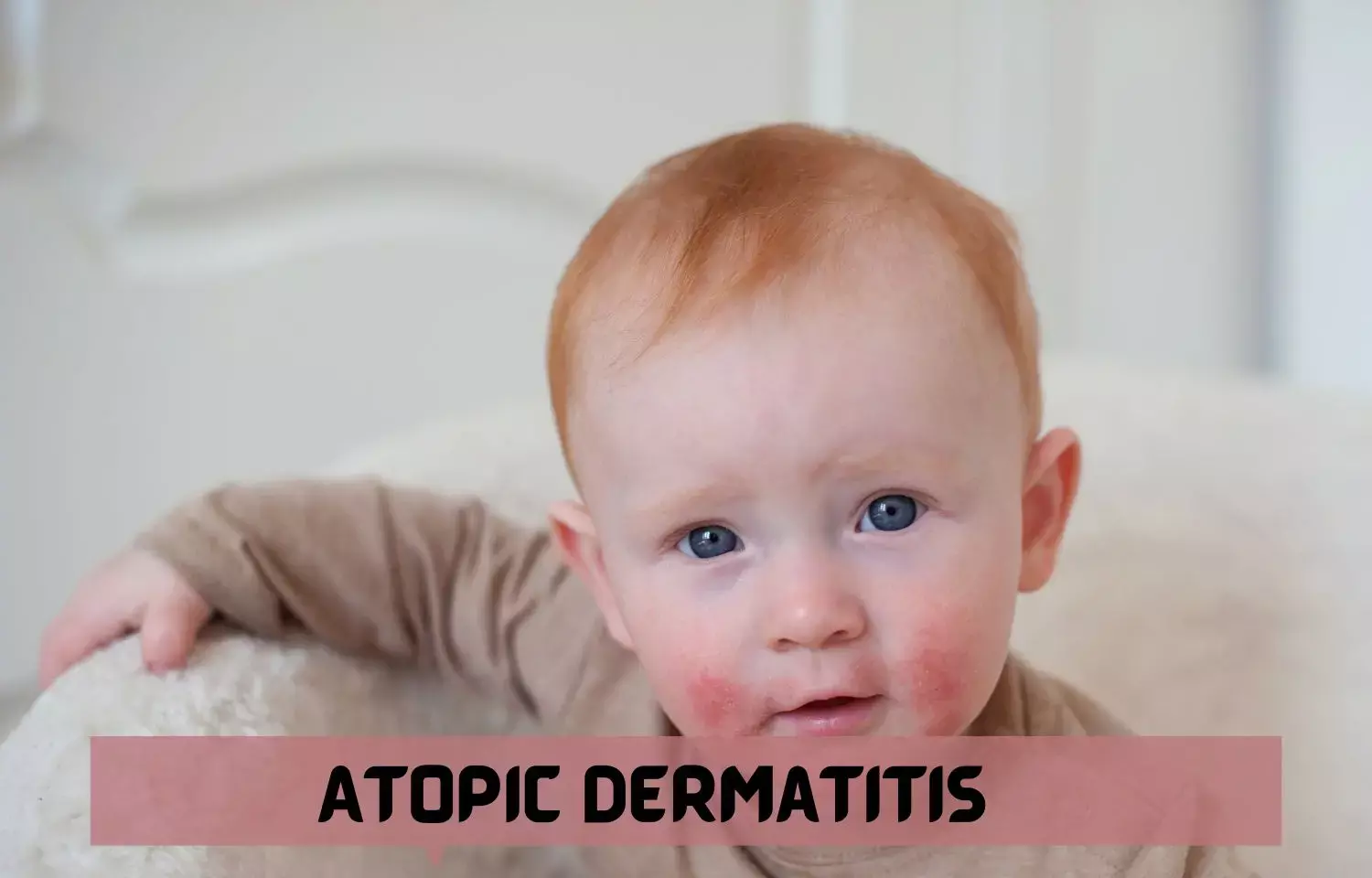- Home
- Medical news & Guidelines
- Anesthesiology
- Cardiology and CTVS
- Critical Care
- Dentistry
- Dermatology
- Diabetes and Endocrinology
- ENT
- Gastroenterology
- Medicine
- Nephrology
- Neurology
- Obstretics-Gynaecology
- Oncology
- Ophthalmology
- Orthopaedics
- Pediatrics-Neonatology
- Psychiatry
- Pulmonology
- Radiology
- Surgery
- Urology
- Laboratory Medicine
- Diet
- Nursing
- Paramedical
- Physiotherapy
- Health news
- Fact Check
- Bone Health Fact Check
- Brain Health Fact Check
- Cancer Related Fact Check
- Child Care Fact Check
- Dental and oral health fact check
- Diabetes and metabolic health fact check
- Diet and Nutrition Fact Check
- Eye and ENT Care Fact Check
- Fitness fact check
- Gut health fact check
- Heart health fact check
- Kidney health fact check
- Medical education fact check
- Men's health fact check
- Respiratory fact check
- Skin and hair care fact check
- Vaccine and Immunization fact check
- Women's health fact check
- AYUSH
- State News
- Andaman and Nicobar Islands
- Andhra Pradesh
- Arunachal Pradesh
- Assam
- Bihar
- Chandigarh
- Chattisgarh
- Dadra and Nagar Haveli
- Daman and Diu
- Delhi
- Goa
- Gujarat
- Haryana
- Himachal Pradesh
- Jammu & Kashmir
- Jharkhand
- Karnataka
- Kerala
- Ladakh
- Lakshadweep
- Madhya Pradesh
- Maharashtra
- Manipur
- Meghalaya
- Mizoram
- Nagaland
- Odisha
- Puducherry
- Punjab
- Rajasthan
- Sikkim
- Tamil Nadu
- Telangana
- Tripura
- Uttar Pradesh
- Uttrakhand
- West Bengal
- Medical Education
- Industry
Early initiation of emollient use prevents atopic dermatitis incidence in high-risk infants: Study

A recent study by Chaoimh and team has found that early initiation of regular emollient use for 2 months lowers the incidence of Atopic Dermatitis (AD) in high-risk infants. The findings were published in the Journal of Allergy.
Protecting the skin barrier and defense in early infancy may prevent AD. Thus, this single-center, randomized controlled clinical trial was undertaken. Full Term infants who were identified as high risk for AD (parental history of Atopic dermatitis, asthma or allergic rhinitis) were recruited for the study within 4 days of birth. They were further randomized to either emollient application BD for the first 8 weeks of life (intervention group), with an emollient specifically formulated for highly dry skin, or to standard routine skin care (control group).
Key highlights of this Clinical trial:
- A total of 321 (161 intervention and 160 control) were included.
- The overall incidence of AD at 12 months in the intervention group was 32.8% while the control group had 46.4%.
- One withdrawal from the intervention group was due to a rash development which had potential relationship with the emollient.
- During the intervention period, there was no significant difference in the incidence of skin infections in both the groups.
While the results of this study showed that early initiation of daily use emollient use for 2 months reduces the incidence of Atopic Dermatitis in high-risk infants, the mechanisms behind this phenomenon are not clear. "The analysis of microbiome diversity and the inflammatory biomarkers in this study is ongoing and this may provide further information," concluded the Authors.
Source:
Chaoimh, C. N., Lad, D., Nico, C., Puppels, G. J., Wong, X. F. C. C., Common, J. E., Murray, D. M., Irvine, A. D., & Hourihane, J. O. (2022). Early initiation of short‐term emollient use for the prevention of atopic dermatitis in high‐risk infants—The STOP‐AD randomised controlled trial. In Allergy. Wiley. https://doi.org/10.1111/all.15491
Neuroscience Masters graduate
Jacinthlyn Sylvia, a Neuroscience Master's graduate from Chennai has worked extensively in deciphering the neurobiology of cognition and motor control in aging. She also has spread-out exposure to Neurosurgery from her Bachelor’s. She is currently involved in active Neuro-Oncology research. She is an upcoming neuroscientist with a fiery passion for writing. Her news cover at Medical Dialogues feature recent discoveries and updates from the healthcare and biomedical research fields. She can be reached at editorial@medicaldialogues.in
Dr Kamal Kant Kohli-MBBS, DTCD- a chest specialist with more than 30 years of practice and a flair for writing clinical articles, Dr Kamal Kant Kohli joined Medical Dialogues as a Chief Editor of Medical News. Besides writing articles, as an editor, he proofreads and verifies all the medical content published on Medical Dialogues including those coming from journals, studies,medical conferences,guidelines etc. Email: drkohli@medicaldialogues.in. Contact no. 011-43720751


